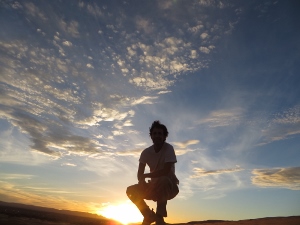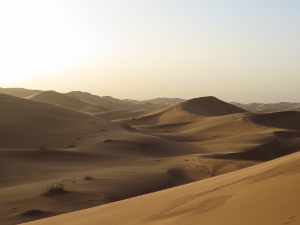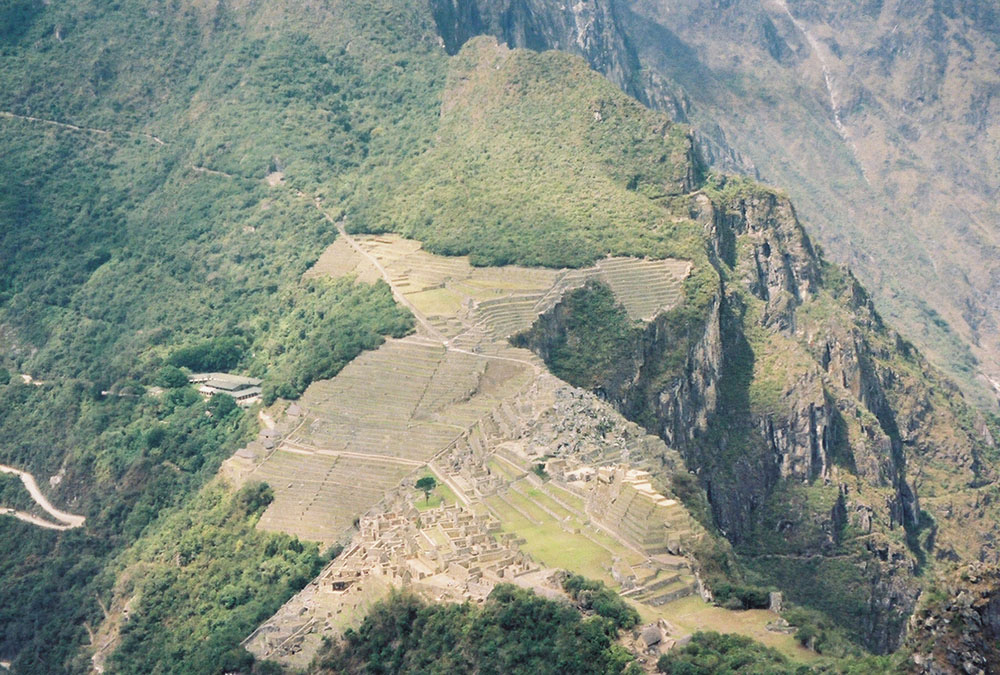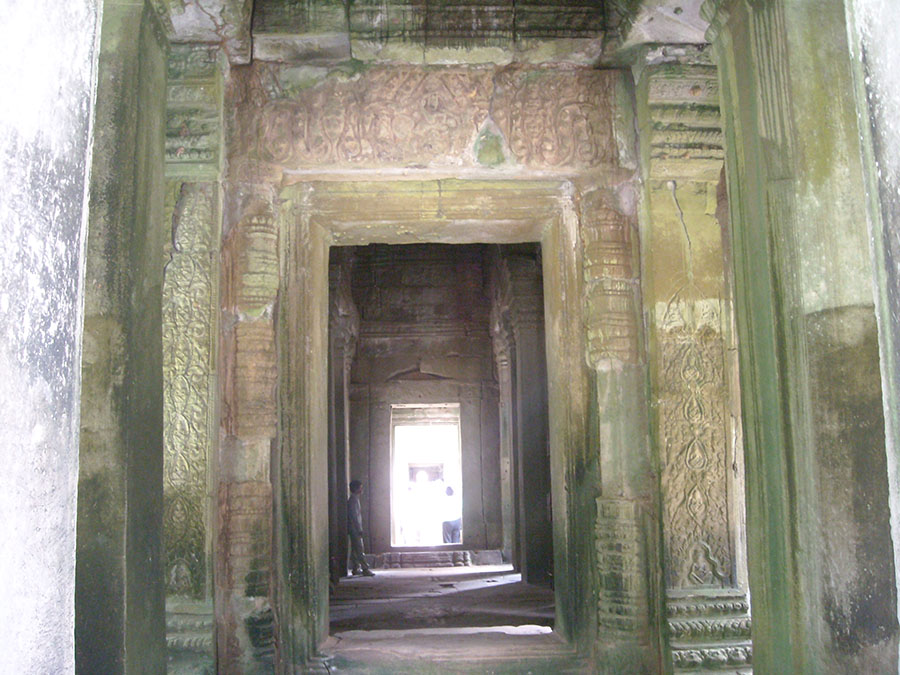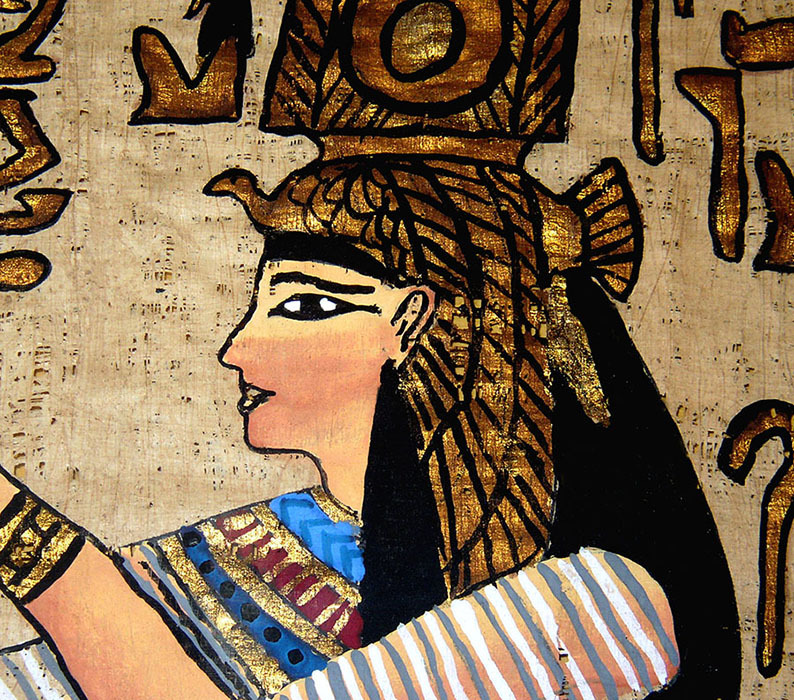Toward the end of last year, there was a young man living under the freeway bridge on Winter Park Street for several weeks. I’d see him when I rode my bicycle on weekend mornings. He slept in a sleeping bag only feet from new luxury apartments that the AdventHealth hospital built. Just beyond the bridge, where the road was closed, another new apartment block was going up on the corner and a skyscraper for an orthopedic center was under construction within view of my house.
One day between Christmas and New Year’s, he was gone. I don’t know if it was because he couldn’t bear the construction noise, the police rousted him, or he found a better location. In any case, he’s not living there anymore.
Continue reading →